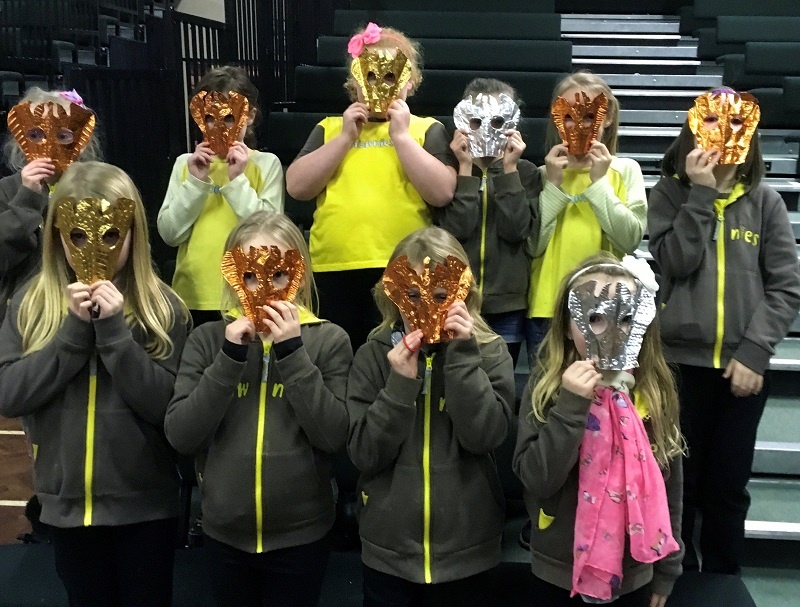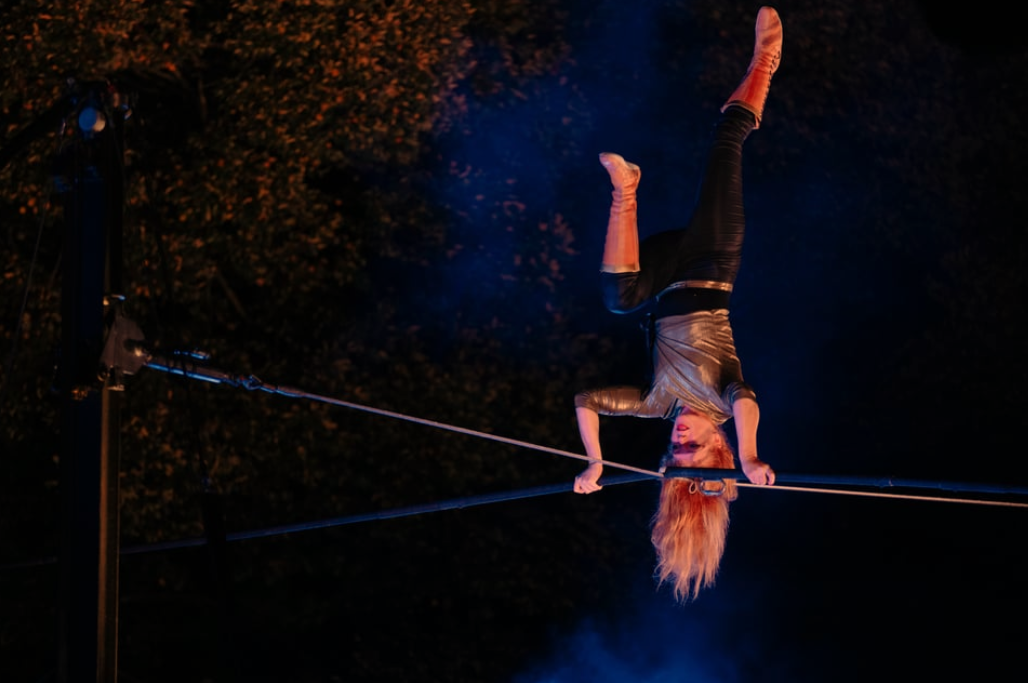
Independent Practitioner Guidance
BY: Guest Writer
21 Apr 2015
Arts professionals that work with young people are the inspiration and catalyst for many young people achieving an Arts Award. By training to be Arts Award advisers, freelance artists and arts practitioners are able to support and assess young people’s work. For those practitioners who have established relationships with schools, youth groups, or arts and cultural organisations, being able to offer Arts Award’s unique qualifications is an additional string to their bow and they find ways of incorporating the flexible framework into their work easily. For those of you who are in the early stages of building your freelance career or wanting to start to embed Arts Award into your practice, here are answers to some frequently asked questions to help you.
How do I get started?
Think about what age group and type of young people you’re working with or would like to work with as the different levels of Arts Award are designed for different age groups. Arts Award is offered at five levels. Click Discover, Explore, Bronze, Silver or Gold links to find out more. It may also be helpful to think about the length and type of projects that you would like to match it to, as these factors will help determine which level of adviser training to attend.
For more information on training please visit Arts Award training.
Once you have been on training you register yourself or an organisation you work with as an Arts Award centre. Once trained as an adviser, you will have access to lots of helpful resources; a budget planner, mapping documents and examples of how others have run Arts Award in a range of different contexts and a host of inspirational case studies and ideas.
Where can I deliver Arts Award?
You could be an Arts Award adviser within many settings including schools, arts and cultural organisations, and youth groups. In some cases organisations may be looking for practitioners to lead a project that is already using Arts Award, whereas others will want the idea presented to them as an option. In these cases it is important to identify what the benefits are of offering Arts Award as a way of structuring and accrediting your project or work. Some examples are:
- measurable outcome
- structure and motivation
- mapping to curriculum areas if working with schools/formal education
Is Arts Award admin heavy?
Arts Award is designed not to be admin heavy. The only paperwork advisers complete is at the end of your delivery when you will need to assess each portfolio. Arts Award evidence can be recorded in a range of formats including photography, blogs, posters, post-its and recordings. Young people can gather feedback via social networks such as Facebook, YouTube, Vimeo and Flickr. There’s no need to be limited to paper! The key to keeping the admin low is planning. Empower young people to lead on developing their own portfolios and capturing evidence for each other.
How can I recruit young people and promote my services?
Established arts practitioners may be looking for ways to promote their offer more widely and we offer a number of tools for this, including our recruitment presentation to help you engage and attract young people to your programme or offer.
Established arts practitioners could register with our Arts Award Supporter scheme. To publicise your offer to be a Supporter, you need to be offering activities that young people can use towards their Arts Award, such as:
- workshops
- arts and cultural events which they can review
- opportunities to find out about artists and cultural opportunities
- a chance to share skills or lead arts projects
Use the Supporter map to find centres in your area; type in the first part of your postcode into the map search and get in touch with organisations and let them know about your offer.
How much should I charge?
Charging models vary considerably and will depend on the skills, experience and offer of the practitioner. Some practitioners charge young people to attend their sessions, and some practitioners seek funding so the group they are working with don’t need to contribute financially. The Arts Award Guide outlines the current costs to enable you to price up your Arts Award project costs by, for example, looking at moderation and certificate fees, logbooks and resources on our costs and funding page on our website.
What support is available after training?
We offer a range of support including resources on our adviser hub, our blog and regular webinars. Remote support is available to all trained advisers. This support is delivered by specialist Arts Award consultants throughout the year.
See more information about how independent practitioners can make Arts Award work at artsaward.org.uk/practitioner.
Keep us posted on your Arts Award experiences — we would love to hear from you and are happy to talk through your plans please email artsawardenquiries@trinitycollege.co.uk. Good luck!
Related posts
BY: Guest Writer




Comments & Replies